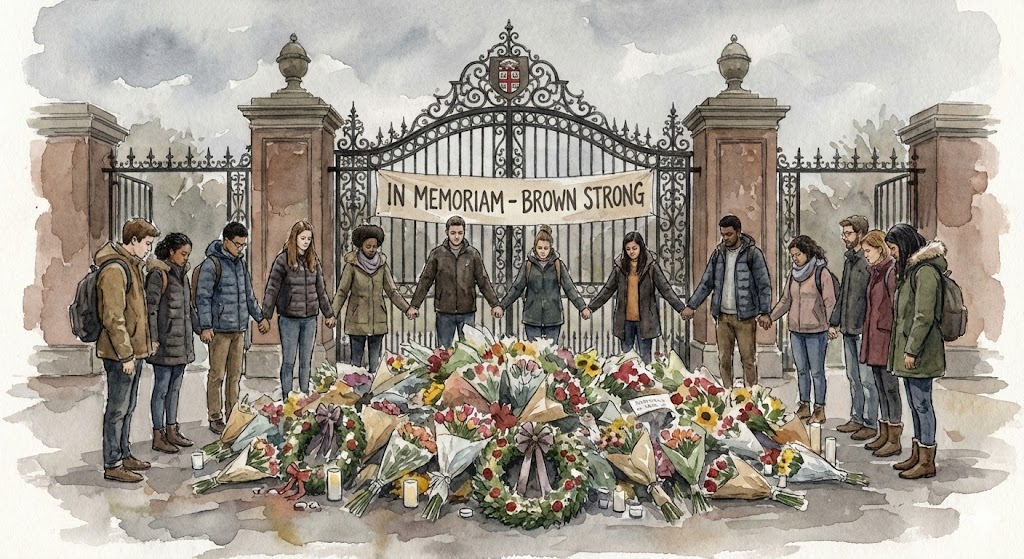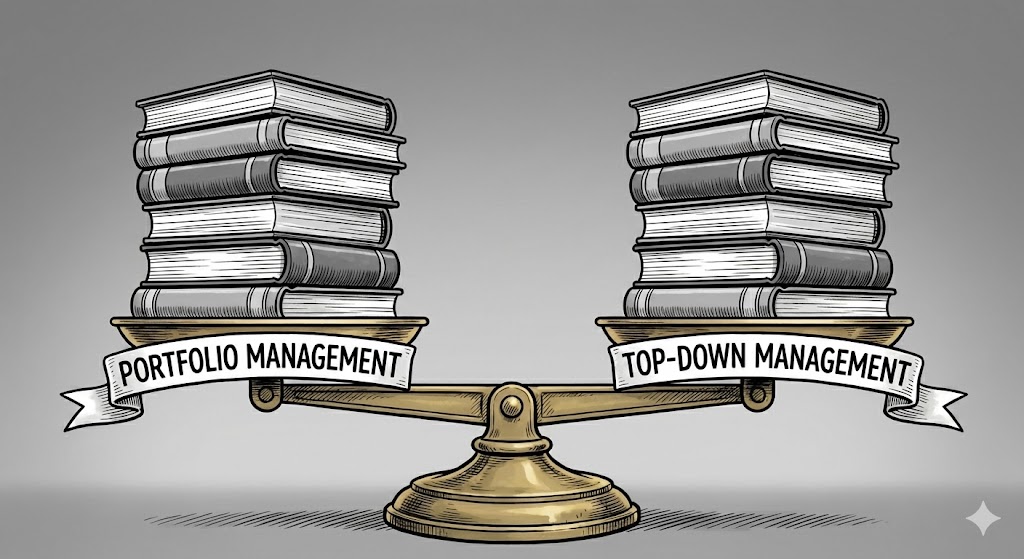And then there were none.
Here are some random thoughts in the wake of the Denver Public Schools Board of Education’s 6-1 vote Thursday night not to close any schools for the time being, despite a budget crunch caused by declining enrollment.
- I criticized board members Auon’tai Anderson and Scott Esserman earlier this week for what I called grandstanding and political posturing on the closure issue. While I stand by my thoughts, perhaps my rhetoric was a bit strong. And I give them credit for acknowledging that schools will have to close, but insisting that closures shouldn’t be sprung on communities without officials carefully laying the groundwork.
- And yet…as I said earlier, board members knew this was coming and could and should have done more sooner, rather than waiting for Superintendent Alex Marrero and his team to screw up the process, as they certainly have done, especially with the recent backpedaling from 10 schools to five, and then, Thursday night, to two, without a coherent explanation as to why.
- I wonder whether board members are now creating unreasonable expectations and raising false hope within the affected communities. The message from the no vote that resonates loudly is that the board rejected the district’s recommendations and is siding with the community. Yes, several board members said clearly Thursday night that some schools will still have to close. But that message is likely to be overwhelmed by the louder signal sent by the ‘no’ vote.
- It’s to some extent of his own making, but Marrero is now in an almost impossible position. I wouldn’t be surprised if he’s wondering what he got himself into moving his family across the country to take a job in such a dysfunctional environment. Who is in charge of the district and the closure conversations and process moving forward? It’s not at all clear that board members trust Marrero to do this their way, and yet under Policy Governance they are not supposed to intervene. But that’s exactly what they’d done.
- Like it or not, board members now own this process. The anger and sense of betrayal that is sure to come when they vote to close schools will be aimed directly at them.
- Repeating again what I wrote earlier this week: School closures are the toughest decision a board has to make, and regardless of outreach to communities, there will be a lot of people hurt by what happens next. Is there a right and a wrong way to go about this to ameliorate the hurt? Most definitely. Board member Michelle Quattlebaum Thursday talked about how well the district handled conversations a few years back about closing Smiley Middle School. “There was a level of trust extended to us. But with the correct information and the support, we came to the conclusion ourselves (that the school needed to close).,” she said. “We came to consensus. So I personally reject the notion that communities will not do the right thing.” I hope she’s right, but there are many more examples of lingering bad feelings from closures than of Kumbaya moments.
- Anderson posted a heartfelt Medium piece Thursday night in which he restated his belief that school closures, redistricting, and other actions must be “community led and district-supported.” Yes, wise decisions can and do emerge from community processes. But by default turning to the community to lead can also be an abrogation of responsibility. It’s akin to favoring a system of government by ballot issue rather than letting elected representatives do their jobs and then voting them in or out based on results. Perhaps I’m quibbling with terminology here rather than substance. Why not community informed and district implemented?
- Let’s hope the board and Marrero and his staff can find a way to work together on this, without wasting a lot of time. At the moment, most of what I see looking back over the past year, on numerous issues, is a lot of time wasted and a road littered with the detritus of dysfunction.




